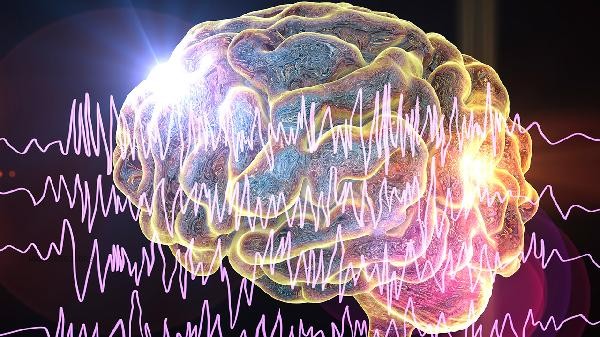The prefrontal cortex of the brain is mainly responsible for advanced cognitive functions, including decision-making, emotion regulation, behavior control, and memory integration. The functions of the prefrontal cortex mainly include executive function, working memory, emotional management, social behavior regulation, and abstract thinking.

1. Executive Function
The prefrontal cortex is the core area of the brain responsible for executive function, which can help individuals plan and organize behavior. It participates in goal setting, task switching, and suppressing inappropriate reactions. Impaired executive function may lead to procrastination, distraction, or impulsive behavior, affecting daily life and work efficiency.
2. Working memory
The prefrontal cortex plays a critical role in maintaining and manipulating short-term information, and this ability is called working memory. It enables people to temporarily store and process information, such as mental arithmetic or following complex instructions. The strength of working memory directly affects learning outcomes and problem-solving abilities.
3. Emotion Management
The prefrontal cortex is closely connected to the limbic system and is responsible for regulating emotional responses. Healthy prefrontal function can help suppress excessive emotional reactions and maintain emotional stability. Frontal lobe injury may lead to emotional instability, irritability, or apathy.

4. Social Behavior Regulation
The prefrontal cortex is involved in understanding social norms and regulating social behavior. It helps people judge the appropriateness of behavior, understand others' intentions, and engage in moral reasoning. Abnormal prefrontal function may manifest as social disorders, lack of empathy, or violation of social rules.
5. Abstract Thinking
The prefrontal cortex supports advanced cognitive processes such as abstract reasoning, concept formation, and future planning. This ability enables humans to engage in complex thinking, solve novel problems, and engage in creative activities. The strength of abstract thinking ability is closely related to intelligence level and innovation ability. Maintaining healthy prefrontal function requires comprehensive lifestyle management. Regular aerobic exercise such as brisk walking or swimming can promote prefrontal blood flow and neural plasticity. A balanced diet, especially foods rich in omega-3 fatty acids, helps maintain the health of nerve cells. Adequate sleep is crucial for the recovery of prefrontal function, and sleep deprivation can significantly impair executive function. Cognitive training such as learning new skills or playing strategy games can enhance working memory and problem-solving abilities. Stress management techniques such as mindfulness meditation can improve the prefrontal cortex's ability to regulate emotional responses. Avoiding long-term alcohol and drug abuse can prevent damage to prefrontal neurons. Regular social activities help maintain social cognitive function. These lifestyle adjustments require long-term persistence to have a positive impact on prefrontal function.









Comments (0)
Leave a Comment
No comments yet
Be the first to share your thoughts!